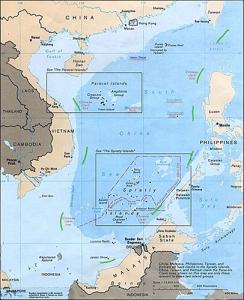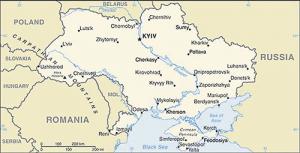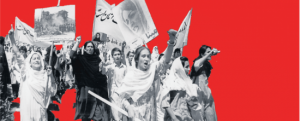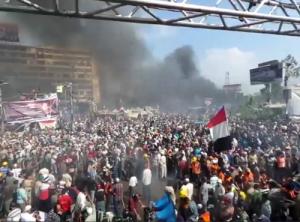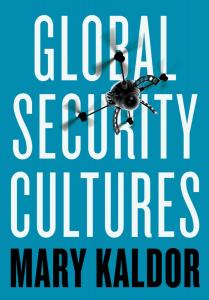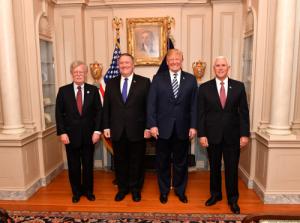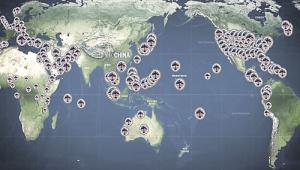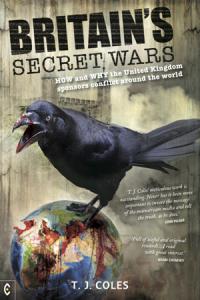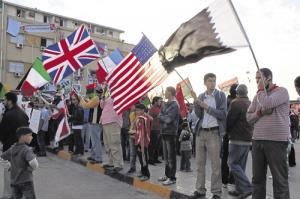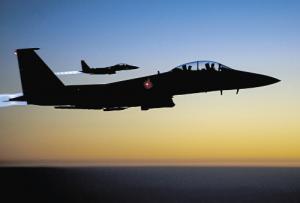What if... North Korea had somehow managed to buy the Cape Verde group of islands (about 400 miles off the coast of Senegal) from Portugal in 1965 for, say, £3m?
What if... the North Korean government had then expelled the population of the biggest island in Cape Verde – in order to lease the island to China for military purposes?
What if... China had then built communications, naval and air bases in Cape Verde from 1975 onwards, constructing two 12,000-foot-long runways,…


